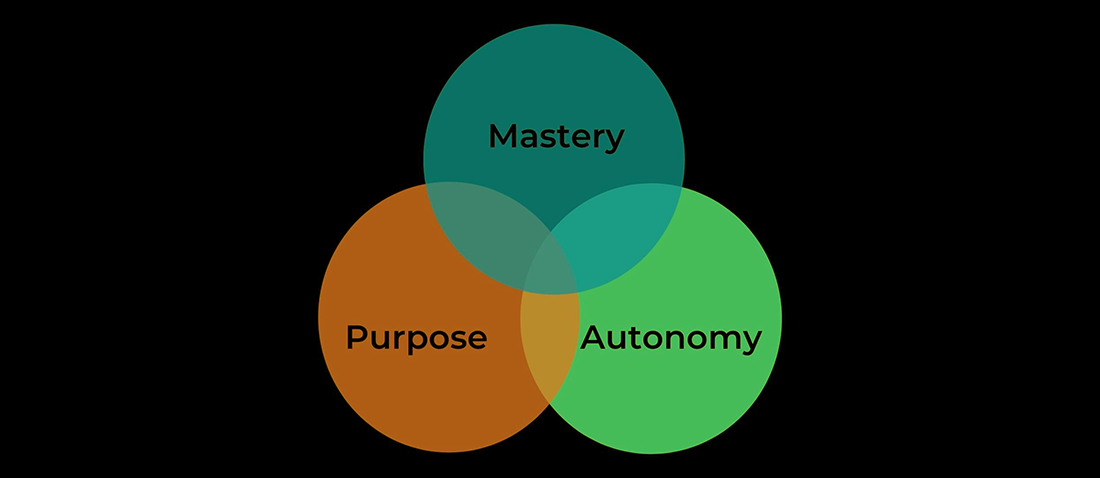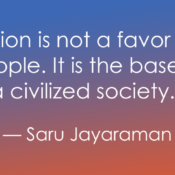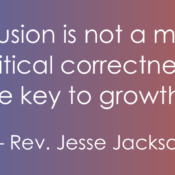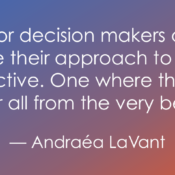
Beyond Translation: How Interpreters Build Autonomy for Deaf Professionals
Autonomy is a word we don’t talk about nearly enough when it comes to Deaf and hard of hearing professionals in the workplace. Too often, conversations about accessibility focus only on “fixing” immediate communication gaps — like adding an interpreter to a meeting — without considering the deeper impact of how that access shapes long-term dignity, empowerment, and professional growth.
At its core, autonomy is about having the power to make decisions, advocate effectively, and fully participate in environments where important choices are being made. For Deaf and hard of hearing professionals, autonomy often hinges on whether interpreting support is available, qualified, and culturally responsive.
When successful, interpreters aren’t just conduits of language. They’re partners in equity, helping to break down barriers that would otherwise leave Deaf and hard of hearing employees sidelined, disengaged, or fighting twice as hard just to keep up.
Autonomy Starts With Access
Workplaces run on communication: strategy meetings, performance reviews, networking events, brainstorming sessions. If a Deaf or hard of hearing professional doesn’t have real-time access to those conversations, their ability to contribute — and to lead — is compromised.
That’s why interpreters matter so much. A skilled interpreter does more than translate words. They capture nuance, tone, and context, ensuring Deaf and and hard of hearing professionals don’t miss out on the layers of meaning that drive collaboration and decision-making.
This kind of access transforms work from “barely functional” to truly equitable. Instead of scrambling to fill gaps or advocate endlessly for resources, Deaf and hard of hearing employees can focus on what they were hired to do: bring their expertise, creativity, and leadership to the table.
When Interpreters Elevate — and When They Don’t
As I shared in last week’s Conversations with Corey blog post Breaking the Silence: Addressing Mental Health Barriers for Deaf Professionals - the difference between an empowering interpreter experience and a frustrating one is significant.
When an interpreter is skilled, prepared, and culturally responsive, Deaf and hard of hearing professionals walk away from meetings informed, empowered, and included. They’re able to build trusted rapport with colleagues, share ideas confidently, and take ownership of their work. In these moments, interpreters actively elevate Deaf autonomy by facilitating communication beyond simple translation.
But when interpreting is inconsistent, inaccurate, or dismissive of cultural context, it does the opposite. Misinterpretations can derail projects, erode trust, and leave Deaf and hard of hearing professionals feeling excluded from their own careers. Worse yet, the absence of interpreting altogether forces Deaf and hard of hearing employees to spend emotional and administrative energy constantly advocating for access — a burden we at 2axend refer to as the Deaf, DeafBlind, and hard of hearing Tax, also known as #TheDDBHHTax.
The tax adds up. It drains energy that could be invested in personal growth, business innovation, or professional leadership by undermining autonomy.
Interpreters as Partners in Equity
So what does it look like when interpreters are factored in as partners rather than logistical afterthoughts?
- Preparation is prioritized. Interpreters are looped into meeting materials and context ahead of time, ensuring smoother delivery and greater accuracy.
- Cultural responsiveness is expected. Interpreters respect and understand Deaf culture, helping create an environment of inclusion rather than “translation only.”
- Workplace equity is centered. Organizations recognize interpreters as vital for professional success — not just compliance — and invest in them accordingly.
When these practices are in place, interpreters help dismantle systemic barriers. They give Deaf and hard of hearing professionals the same opportunities to excel, contribute, and advance as their hearing peers. That’s not a perk — it’s workplace equity in action.
Why the Interpreting Summit Matters
These issues are at the heart of the upcoming Interpreting for Deaf Professionals Summit that starts tomorrow and goes through Sunday. This event creates space for interpreters to sharpen their skills, deepen their cultural understanding, and learn directly from the Deaf and hard of hearing professionals they serve.
The summit will tackle critical questions:
- How can interpreting dynamics build — or break — workplace experiences?
- Why are interpreters essential to creating equitable access at work?
- What does it take to truly elevate Deaf autonomy?
For interpreters, this is more than professional development. It’s about reimagining their role as co-creators of access and equity. For Deaf and hard of hearing professionals, it’s about having partners in the room who don’t just provide communication, but actively support their right to autonomy.
A Final Thought
Autonomy should never be negotiable. It’s not something Deaf and hard of hearing professionals should have to fight for, bargain for, or pay extra for in the form of lost energy and opportunities.
By investing in skilled interpreters — and seeing them as equity partners — organizations take a meaningful step toward dismantling barriers and empowering Deaf and hard of hearing professionals to thrive.
It’s due time to shift the conversation from “basic access” to true autonomy. Let’s ensure interpreters are equipped, empowered, and ready to play the role they’re uniquely positioned to fill: breaking barriers so Deaf and hard of hearing professionals can lead with strength.




